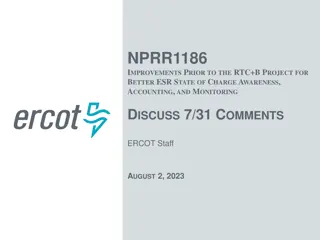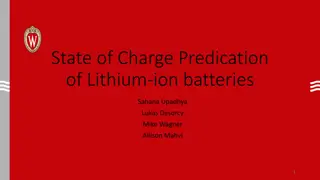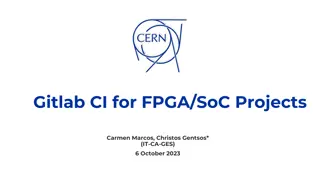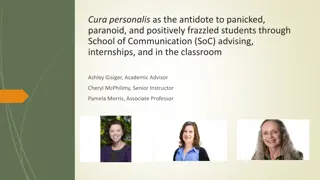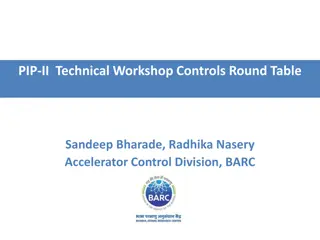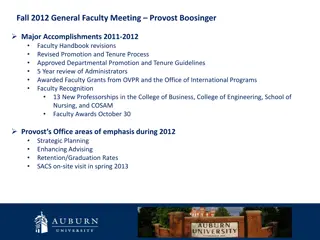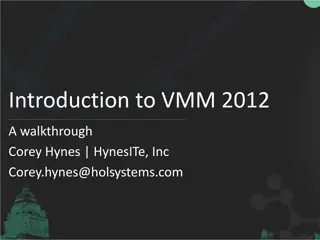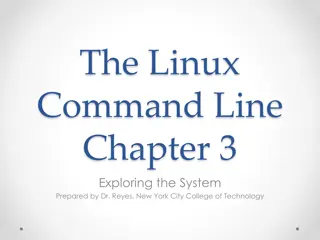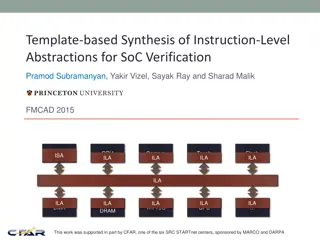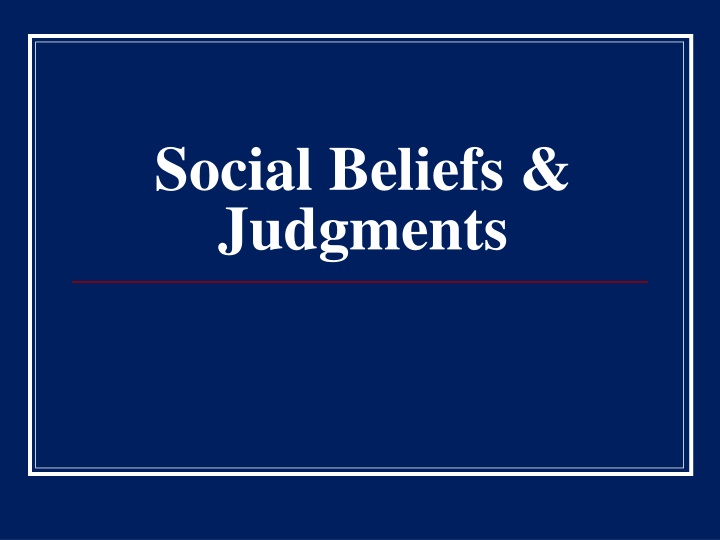
Social Beliefs, Judgments, and Attribution Theories
Explore the intricate nature of social beliefs, cognitive processes, and attribution theories such as dualistic cognition, attribution theory, commonsense attribution, and fundamental attribution error. Gain insights into perceiving and judging our social worlds, as well as common errors in social judgments and ways to overcome them.
Download Presentation

Please find below an Image/Link to download the presentation.
The content on the website is provided AS IS for your information and personal use only. It may not be sold, licensed, or shared on other websites without obtaining consent from the author. If you encounter any issues during the download, it is possible that the publisher has removed the file from their server.
You are allowed to download the files provided on this website for personal or commercial use, subject to the condition that they are used lawfully. All files are the property of their respective owners.
The content on the website is provided AS IS for your information and personal use only. It may not be sold, licensed, or shared on other websites without obtaining consent from the author.
E N D
Presentation Transcript
Social Beliefs & Judgments
Dualistic nature of cognition Conscious Relatively slow Intentional and aware of the process Unconscious Usually rapid We are often more aware of the results than the process
How We Explain Others Behavior Attribution Theory: theory of how people explain others' behavior Dispositional vs. situational attributions Traits vs. Environment Inferring traits Commonsense attributions
Commonsense Attribution Harold Kelley s Theory of Attribution: Consistency Does this usually happen? Distinctiveness Does the person behave differently in different situations? Consensus Do others behave similarly?
Basic Sources of Error Correspondence Bias: the tendency to explain others actions as corresponding to dispositions even in the presence of situational causes. Fundamental Attribution Error: underestimate situational influences & overestimate dispositional influences upon others' behavior. Actor-Observer Effect
Fundamental Attribution Error Why do we make this error? Perspective & situational awareness Cultural differences How fundamental is this error? Why we study attribution errors
Perceiving Our Social Worlds Constructing Memories of Ourselves & Our Worlds Misinformation effect Reconstructing our past attitudes & behavior Priming Perceiving & Interpreting Events Belief Perseverance
Judging Our Social World Intuitive Judgments Powers of intuition Limits of intuition Overconfidence Overconfidence phenomenon Confirmation bias Remedies
Judging Others Thinking without awareness Judgmental overconfidence Heuristics (Mental Shortcuts) Representative heuristic The availability heuristic
Representative Heuristic Snap judgments of whether someone or something fits a category. May lead to discounting other important information. Judging by resemblance Workplace mix-ups
Availability Heuristic Quick judgments of likelihood of events (how available in memory). Overweighting valid instances, leading to fearing wrong things. What comes to mind first Violence & School shootings
Judging Others Illusory thinking Illusory correlation: perception of a relationship where none exists, or perception of a stronger relationship than actually exists. Illusion of control: perception of uncontrollable events as subject to one's control or as more controllable than they are. Mood & judgment
Self-Fulfilling Beliefs Teacher expectations & student performance Getting from others what we expect A belief that leads to its own fulfillment.


